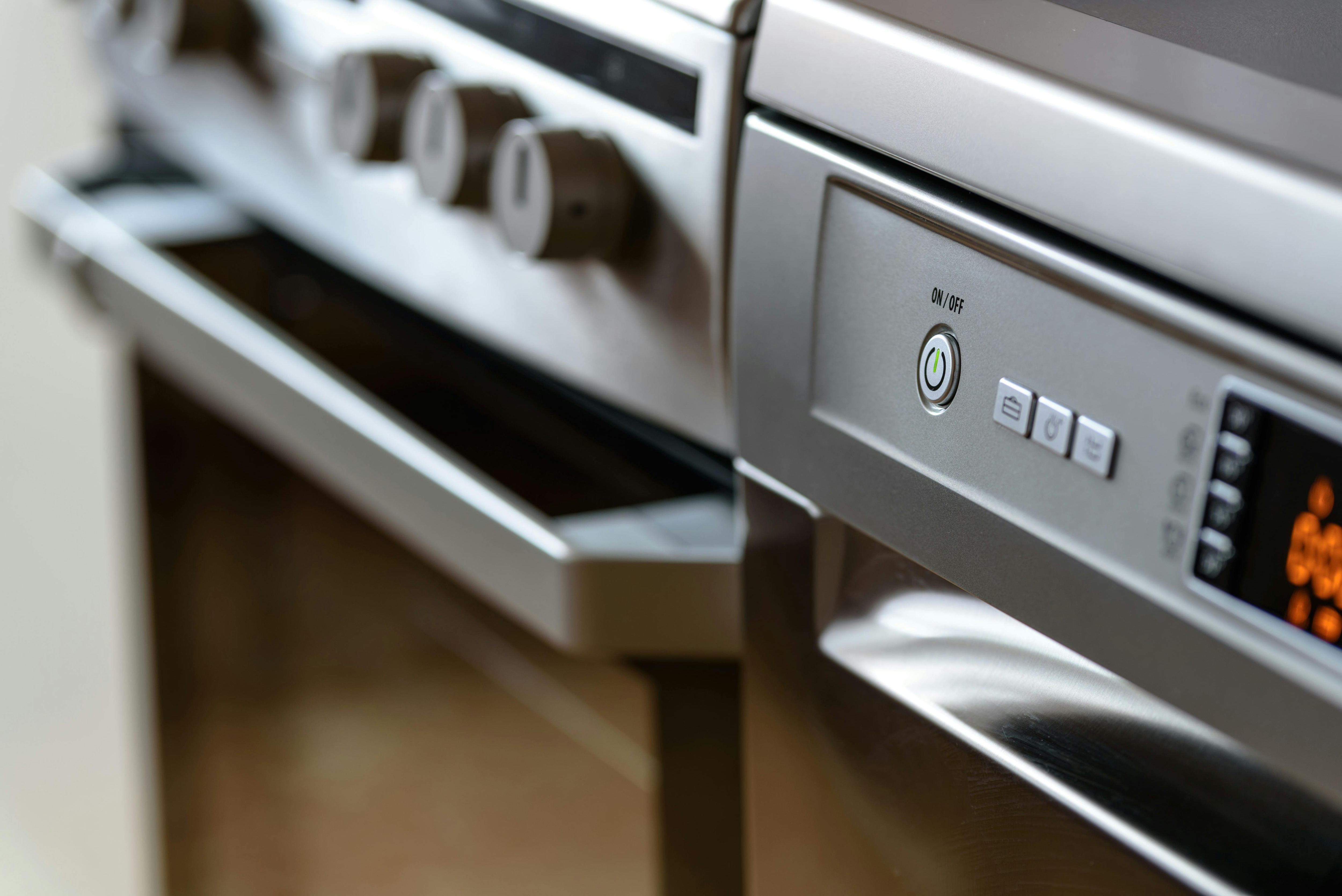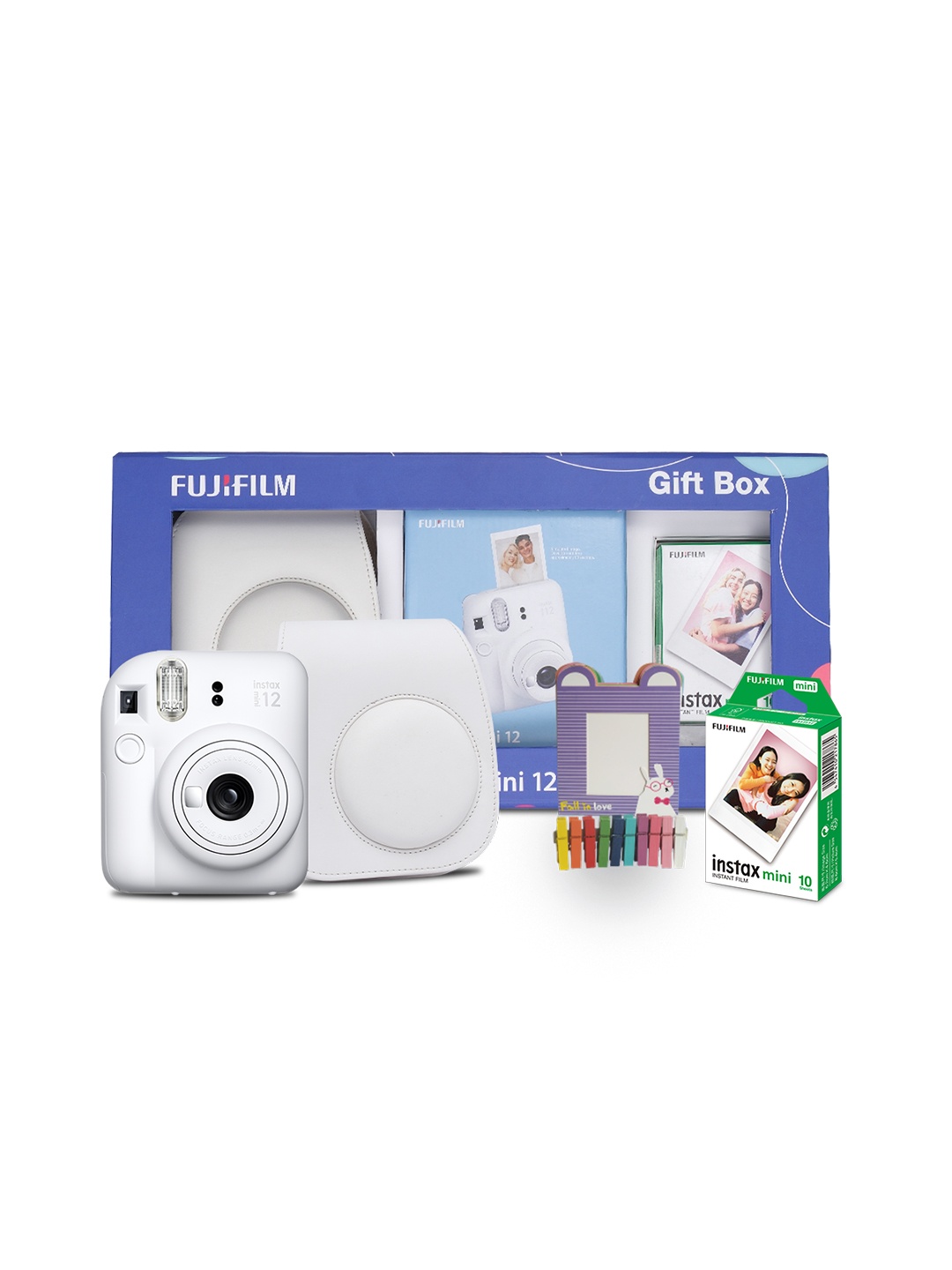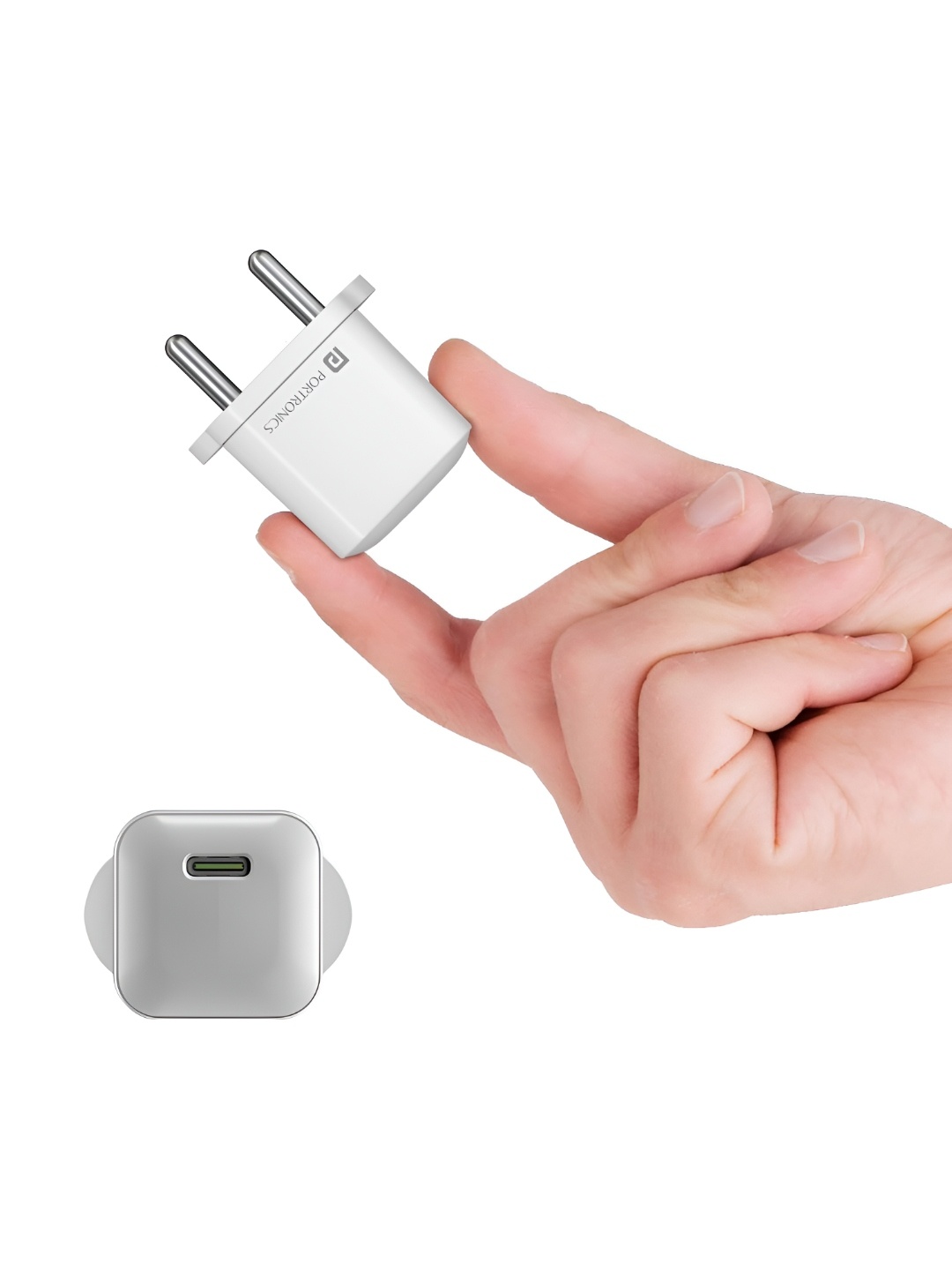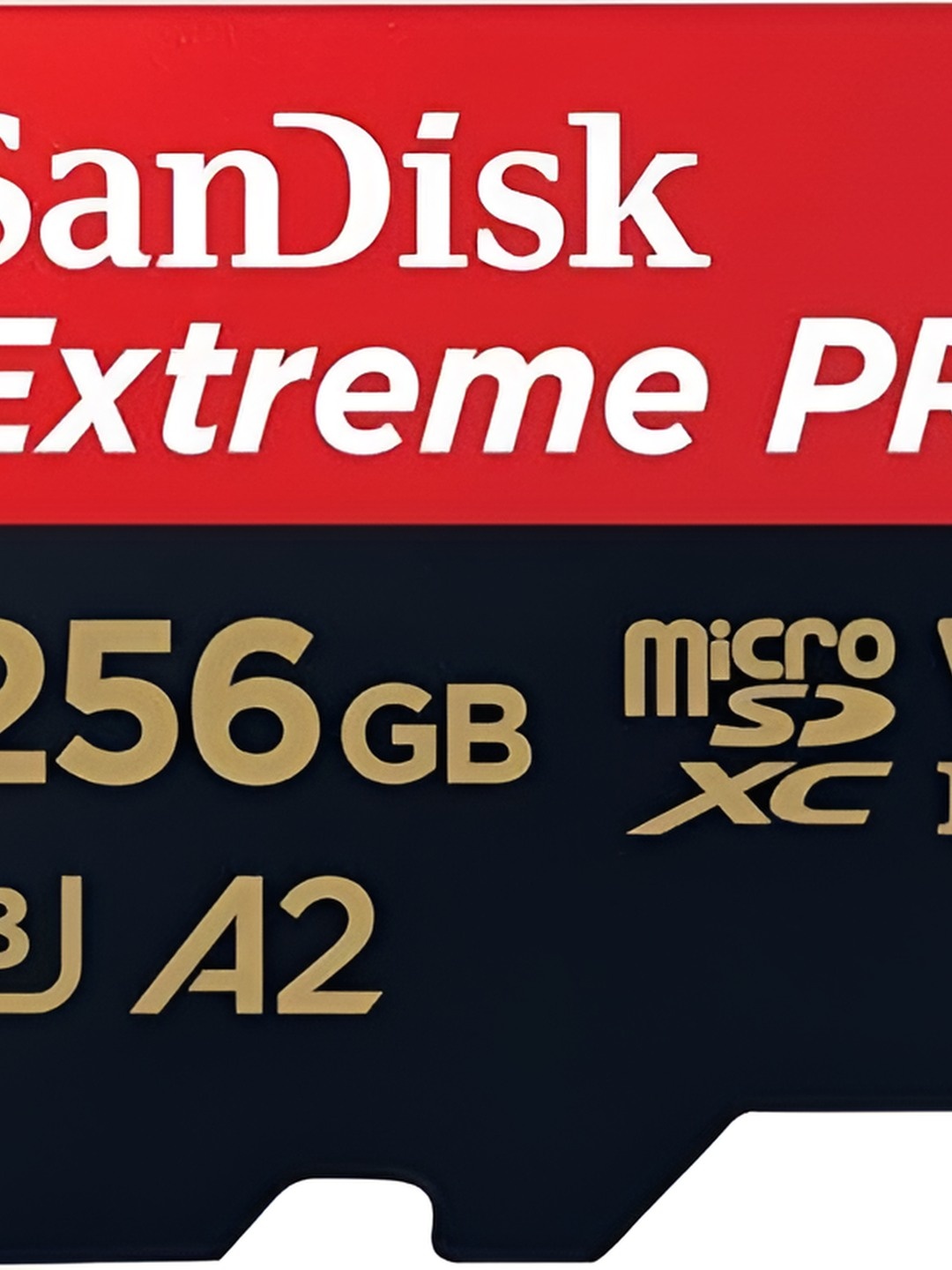7 OTG Oven Do's and Don'ts Every Beginner Should Know
If you have never used an OTG before, there are a few safety tips to keep in mind. Here are the top 7 OTG do's and don'ts to master safe usage of the OTG.

7 OTG Oven Do's and Don'ts Every Beginner Should Know
An OTG might look like just another kitchen appliance, but treat it right, and it might become your next favorite cooking tool. Whether you are a budding home baker or a weekend chef, understanding OTG do's and don't's can help avoid common safety mistakes. Moreover, these tips might also help you cook your food more evenly and get tasty, delicious results. Ready to learn how to make the most out of your OTG and make it last longer? Let's start with the top 7 OTG do's and don'ts everyone should know.
Also Read: How Oven Toaster Grills Are Perfect For Quick And Delicious Meals
1. Do Preheat Your OTG Before Use
Just like traditional ovens, preheating your OTG is an important part of cooking. It ensures your food cooks evenly from all sides and helps maintain the right temperature. In most cases, OTGs take 5 to 10 minutes to preheat and reach the desired temperature. Skipping this step can lead to undercooked food, especially when baking or roasting. For the exact temperature and duration, always refer to the cooking instructions.
2. Don't Use Plastic Or Melamine In The OTG
Did you know that some materials have a mark indicating whether they are OTG safe or not? Yes, you read it right. Certain materials, like plastic or melamine, can melt or release harmful toxins when exposed to high heat. This not only damages your appliance but can also make the food unfit for consumption. Therefore, always check the label of your cookware before placing it inside a preheated oven.
3. Do Clean The OTG After Each Use
It is important to remember that cooking does not stop with preparing and eating the dish. Instead, it includes proper cleaning of the kitchen as well as the appliances used. Cleaning your beloved OTG after each use prevents food crumbs, oil, and dust from causing build-up. Moreover, it also enhances the longevity of the kitchen appliance.
First, let the OTG cool down completely. Next, use a microfibre cloth and damp it with detergent solution. Scrub the insides of the OTG in a slow circular motion and wait for the grime to cool down completely. Avoid using any harsh chemicals or scrubbers, as they can damage the appliance.
4. Do Not Block Air Vents
Many people don't know that OTGs have vents on the side or back of the appliance for proper air circulation. This helps the OTG circulate hot air within the air for proper heat distribution and cooling. Blocking these vents, from the outside or inside, can prevent the appliance from working properly. It can cause it to overheat shortly, cook your food unevenly, and may even become a fire hazard.
Therefore, always place your OTG on a flat and unobstructed surface. Give it enough space to breathe freely and avoid cluttering the nearby surroundings with foil sheets or trays.
5. Do Use The Right Rack For Different Purposes
Did you know that the racks that come with the OTG are not for showing purposes only? Instead, they have some special use. Different recipes require baking or roasting at different rack levels in the OTG. For instance, the top rack is great for grilling and broiling, the middle for baking, and the bottom for slow roasting. Understanding these positions can help ace different recipes.
6. Do Not Overload The OTG
We get it- you want to quickly cook all the food in large batches, and serve your guests your famous delicacies. However, cramming too many ingredients into your OTG can lead to uneven cooking. Although it seems like a shortcut, the undercooked parts can prolong the cooking time without you even realising. This is because when items are placed too close to each other, they may block heat flow and remain undercooked or overly dry.
Solution? Cook your food in small batches and allow the hot air to circulate properly. This is a simple yet effective tip for beginners.
7. Don't Place Foil Directly on Heating Rods
Many people have the habit of covering food or lining trays using aluminum foil before placing it into the OTG. However, this is a big no-no in the cooking world. Why? To begin with, using aluminum foil in the OTG can disrupt heat distribution. It can also cause sparking and may even damage the appliance.
Therefore, it is always best to leave some room around the edges to allow the air to move freely. This will also help reduce mess, cook food better, and ensure high safety standards.
Products Related To This Article
1. Kutchina 20-Litre Oven Toaster Grill (OTG) (Zephire Excel 20L, Black)
2. USHA 25-Litre Oven Toaster Grill (OTG) (OTGW25RC, Wine)
3. WONDERCHEF 60-Litre Oven Toaster Grill (OTG) (63152804, Silver)
4. AGARO 9-Litre Oven Toaster Grill (OTG) (33266, Black)
5. FABER 20-Litre Oven Toaster Grill (OTG) (FOTG 20L BK, Black)
6. USHA 30-Litre with Air Fryer Oven Toaster Grill (OTG) (OTGW 30DRC TURBO, Black)
7. BAJAJ 16-Litre Oven Toaster Grill (OTG) (1603 16L, White)
8. USHA 29-Litre Oven Toaster Grill (OTG) (OTGW 3629R, Wine & Matte Black)
9. Pigeon 9-Litre Oven Toaster Grill (OTG) (16239, Black)
10. Pigeon 25-Litre with Rotisserie Oven Toaster Grill (OTG) (HANA CODE - 19003847 & 14347-M, Black)
Frequently Asked Questions About OTG
1. What not to use in OTG?
Avoid using plastic or non-oven-safe glassware in an OTG. Certain materials can melt, catch fire, or release harmful toxins into the food, making it unfit for consumption.
2. Can we fry food in OTG?
No, OTGs are not meant for deep-frying food. As the full form suggests, OTGs are meant to be used as an oven, toaster, and griller. You can get a fried-like crispy texture, but not the exact same results.
3. Which is better, OTG or microwave?
The final answer between OTG and microwave depends on your requirements and expectations. OTGs are better for baking, grilling, and toasting, while microwaves are quicker for reheating and simple cooking.
4. Does OTG consume a lot of electricity?
Although many OTG models consume a lot of electricity, modern models are more energy-efficient and practical. While they may take longer than microwaves, the right usage can help manage energy consumption.
5. What are the advantages of an OTG oven?
OTGs are one of the most important parts of every modern kitchen. Apart from basic grilling and toasting, OTGs are budget-friendly, versatile, and user-friendly, making them useful even for beginners.
Learning the right way to use your OTG doesn't have to be mind-boggling. By understanding the basic OTG do's and don'ts, you can enjoy safer cooking, better-tasting meals, and a longer-lasting appliance. So, whether you are just beginning your cooking chronicles or are a seasoned chef, remember these tips and make your journey smoother. Happy baking, grilling, and toasting!
Disclaimer: The images used in this article are for illustration purpose only. They may not be an exact representation of the products, categories and brands listed in this article.




























